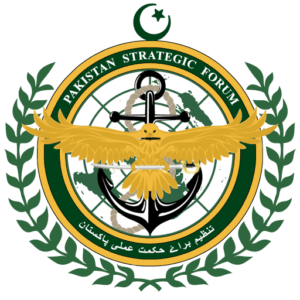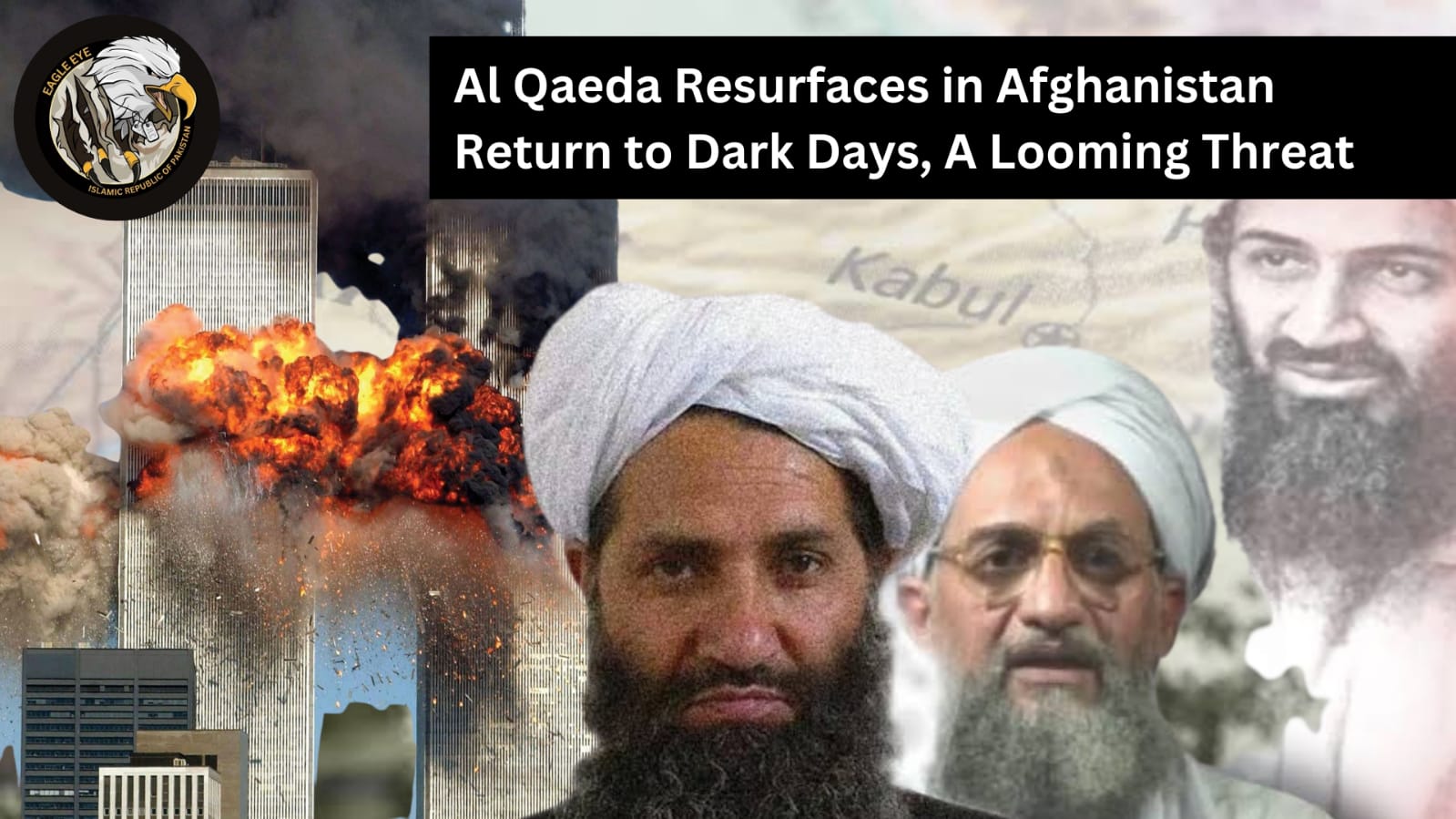The attack on the World Trade Centre, also remembered as 9/11 completely reshaped the international political theatre. The then President George W. Bush in response to the catastrophe, decided to invade Afghanistan with the objective of annihilating Al-Qaeda, the perpetrator of the terrorist attack. Having assessed American capabilities, Mullah Omar, who was the de facto head of the state of Afghanistan at that time, chose to combat the humongous invader unconventionally through Guerilla warfare. Before physically landing in Afghanistan, Americans sought some favors from Pakistan. They wanted Pakistan to shut-off Pak-Afghan border, freeze assets of Afghan Taliban in Pakistan, cut off fuel supply to the Afghan Taliban, share intelligence and allow US troops to station inside Pakistan. Succumbing to US pressure and contributing to international peace and security, Pakistan allied with the USA thereby, alienating Afghan Taliban which, consequently, turned against Pakistan. A terrorist organization named as Tehreek-e-Taliban Pakistan (TTP) was created to target Pakistan as the latter chose to side with the USA. As the operation in Afghanistan continued, TTP kept orchestrating and executing terrorist activities inside Pakistan making Pakistan one of the most hard-hit countries by terrorism.
Terrorism is basically psychological warfare. The immediate goal of terrorist activities is to instill a sense of insecurity and fear into the hearts and minds of the masses. That fear element is then manipulated to achieve medium or long term political or strategic objectives. Long-standing feelings of insecurity and perpetual fear come with a psychological cost for the target population. Several psychological disorders, discerned by experts, are caused by terrorism incited fear and insecurity. Psychological disorders, clinically substantiated mental dysfunctions, related to terrorism can be of two types; anxiety disorders (caused by persistent fear) and trauma and stress related disorders (caused by a trauma). Anxiety disorders may include acute Stress Disorder i.e., a trauma causes extreme stress or anxiety, Adjustment Disorders i.e. One is unable to adjust to the new conditions caused by drastic changes, Post Traumatic Stress Disorder i.e., losing mental health after facing a life-threatening trauma. Acute Stress Disorder i.e., a trauma causes extreme stress or anxiety, Adjustment Disorders i.e. One is unable to adjust to the new conditions caused by drastic changes, Post Traumatic Stress Disorder i.e., losing mental health after facing a life-threatening trauma. All the disorders can be direct or indirect consequences of terrorism.
Pakistanis have lived in the shadow of the menace of terrorism for almost two decades. This new chaotic normal has left long lasting psychological strains on Pakistani populace. According to a survey published in Dawn, at the high if insurgency forty percent of Pakistani population suffered from terrorism related traumas, anxieties, depression, or concern. People who directly face violent incidents, such as people related to security agencies and survivors, are more at-risk regarding terror driven mental disorders. It is now clear that through minimum physical damage, terrorists achieve maximum psychological damage therefore, efforts must be made to mitigate this psychological damage. Firstly, state must recognize this and take appropriate measures. For instance, National Counter Terrorism Authority (NACTA) should also focus on the psychological dimension of terrorism. Secondly, Pakistan must have a comprehensive counter-terrorism strategy which must be equally equipped to deal with psychological damages along with the physical ones. Thirdly, psychological first aid must be provided to all primary and secondary victims of terrorism. Lastly, but the most important, media must be regulated in a way that more careful reporting should be encouraged so that the spread of fear and insecurity through media can be controlled and more positivity can be injected into the masses.
Any significant event leaves its marks on the psyche of nations. Same is the case with terrorism except for one significant difference which is, terrorism is not an isolated incident, it is a series of events which soon becomes a state/condition embroiling a society into a perpetual sense of insecurity leaving behind numerous psychological bruises. These psychological ramifications are not at all fortuitous. In fact, terrorists, by design tend to inflict maximum psychological damage through minimum physical damage to achieve their objectives through fear and instability which they usually cannot achieve otherwise. However, there are certain unintended psychological impacts as well. Pakistan, since 9/11 and resulting American military operation in Afghanistan, has been a victim of terrorism losing thousands of lives, bearing billions of dollars of physical damage along with unfathomable psychological havoc. A lot is required to be done to contain this damage. State needs to take the lead in the efforts to mitigate the adverse psychological impacts of terrorism by formulating comprehensive strategies which consider the psychological dimensions. Most importantly, media, which is the source of injecting fear, needs to be more responsible and should cooperate with the state for curbing this menace.
Article by: Talat Abbas & Sidra Jamil
Review by: Syed Saifullah Shah
About Author: Syed Saifullah Shah is student of BS International Relations from National Defense University. His area of interest is International politics particularly of South Asia and Asia Pacific region.
Note: The views expressed in this article are the author’s own and do not necessarily reflect the editorial policy of Pakistan Strategic Forum.
#TeamPakistanStrategicForum






